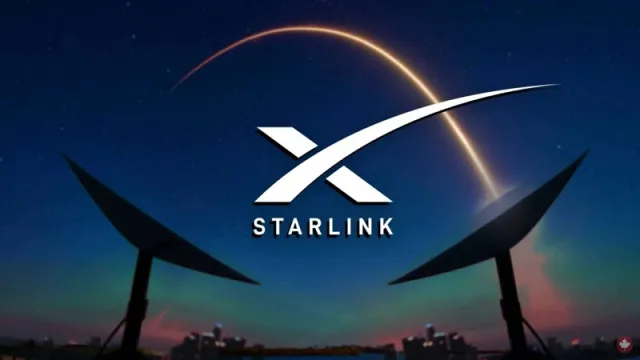Musk’s Starlink sparks new phase of cheaper data plan in Kenya

Musk’s Starlink sparks new phase of cheaper data plan in Kenya
Elon Musk’s satellite internet firm, Starlink, has unveiled a bold offer for customers in Kenya, announcing a new data plan as it positions itself as a strong contender against established telcos Safaricom and Airtel.
Starlink is introducing a 50 gigabyte (GB) monthly data package at Kes1300 ($10.16), a deal that undercuts the competition, potentially ruffling the market and opening a new chapter in internet service provision in Kenya.
Starlink’s pricing, offering 50GB for Kes1300 is a stark contrast to Airtel’s Kes3000 ($23.44) for a similar package and Safaricom’s 45GB at Kes2,500 ($19.53).
Starlink’s aggressive pricing has the potential to attract a substantial number of subscribers in a market where customers are shopping for more affordable internet options. The cost difference promises to not only give Starlink a competitive edge but also open a new chapter where Safaricom and Airtel might reconsider their pricing models to retain their customer base.
Read also: Elon Musk’s link in Kenya’s satellite launch
However, Starlink’s model will see customers shoulder a substantial initial investment cost, with the company’s hardware coming at roughly Kes45,500 ($355.47) unlike Safaricom and Airtel customers who only need to activate a registered SIM card in their smartphones.
This upfront cost could act as a barrier for many potential customers in Kenya, particularly where affordability is critical.
While the monthly data package looks attractive, the initial fees may limit the speed at which subscribers embrace Elon Musk’s company and services.
Already, Starlink has integrated with Kenya’s widely used mobile money platforms M-PESA and Airtel Money, enabling subscribers to settle their bills while enhancing user experience and adoption rates.
The latest industry data shows that Safaricom controls 31.5 percent of Kenya’s mobile broadband subscriptions while rival Airtel accounts for 31.5 percent. Starlink – a satellite internet provider - is betting on its pricing model to chip away at these market shares, especially in the remote and underserved regions where telcos struggle to offer reliable services.



